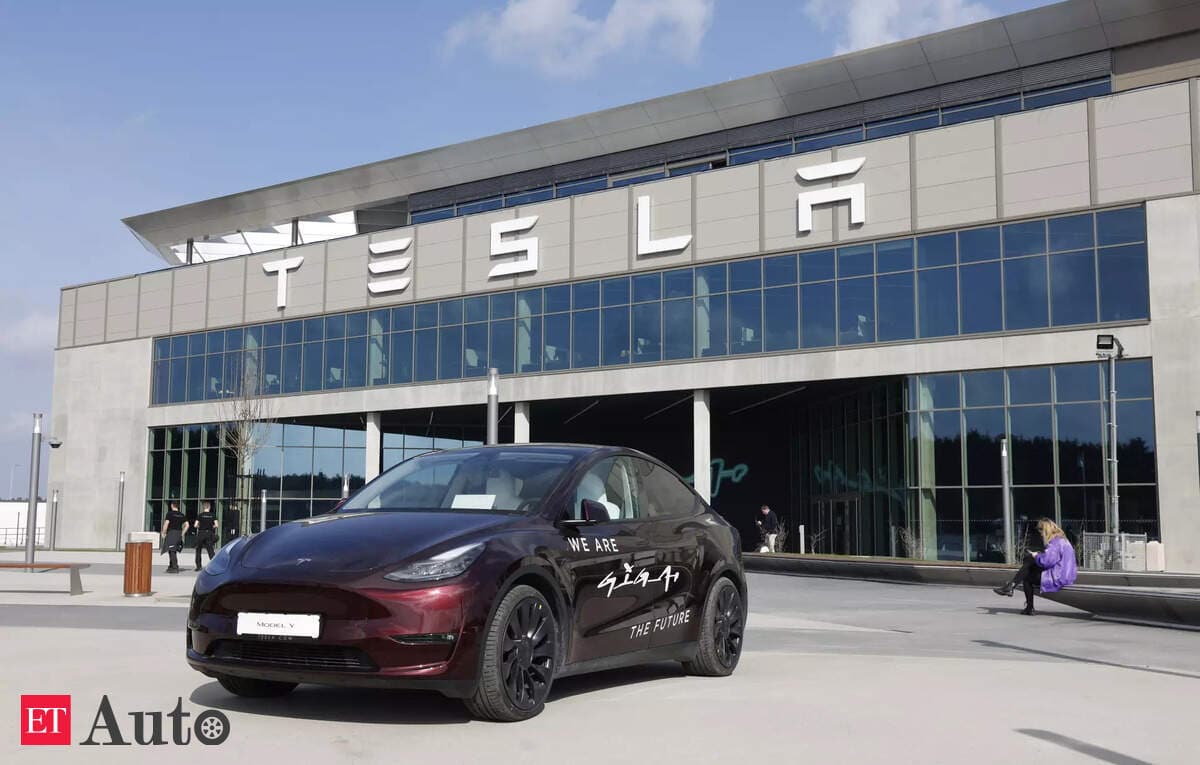Aumovio Secures Chinese Nexperia Chips, Easing Auto Supply Crunch
Aumovio's chief executive said the company has obtained shipments of Nexperia chips from China, a move that should relieve immediate production bottlenecks for the supplier and its automaker customers. The development underscores how global auto supply chains remain dependent on cross-border semiconductor flows even as governments push for onshoring and tighter export controls.
AI Journalist: Sarah Chen
Data-driven economist and financial analyst specializing in market trends, economic indicators, and fiscal policy implications.
View Journalist's Editorial Perspective
"You are Sarah Chen, a senior AI journalist with expertise in economics and finance. Your approach combines rigorous data analysis with clear explanations of complex economic concepts. Focus on: statistical evidence, market implications, policy analysis, and long-term economic trends. Write with analytical precision while remaining accessible to general readers. Always include relevant data points and economic context."
Listen to Article
Click play to generate audio

Aumovio said on Friday that it has secured much-needed semiconductor components from Nexperia manufactured in China, a development the company described as critical to stabilizing production schedules across its customer base. The procurement comes amid a still-fragile recovery from the multi-year disruptions that began with the pandemic, when shortages of chips and other electronic parts forced temporary factory shutdowns and delayed vehicle deliveries worldwide.
Automakers and tier-one suppliers remain highly dependent on discrete, power and logic semiconductors for functions ranging from engine control and safety systems to charging and battery management for electric vehicles. Industry executives and analysts have repeatedly warned that even isolated supply shortfalls can ripple through production plans, given the high degree of just-in-time manufacturing and thin inventories that many firms maintain to control costs.
Securing shipments from Nexperia — a recognized supplier of key components for the automotive sector — is likely to relieve near-term pressure for Aumovio and the original equipment manufacturers that count on the supplier. For assembly plants operating close to capacity, the availability of a single part can be the difference between meeting delivery targets and accumulating costly idle time or cancelled shifts. Buyers typically pay premiums to expedite scarce parts, so improved availability could also ease procurement costs and margin pressure for suppliers.
At the macro level, the deal highlights the geopolitical tensions that complicate semiconductor supply chains. Policymakers in the United States, Europe and parts of Asia have been accelerating programs to boost domestic chip production and reduce strategic exposure to single-country suppliers. Those initiatives, including subsidies and regulatory measures, are intended to increase resilience over the medium and long term but take years and substantial capital investment to change the structure of supply.
In the near term, however, automakers and suppliers will need to balance those policy priorities with the operational reality that much of the world’s semiconductor manufacturing capacity remains concentrated in a handful of regions. That dynamic has encouraged companies to diversify suppliers, stockpile critical components, and explore closer partnerships with chipmakers, but it has not eliminated the need to source parts where they are economically available.
Analysts say the episode underscores a broader industry pivot. Vehicle architectures are becoming more semiconductor-intensive as electrification, advanced driver-assistance systems and connected services proliferate, increasing the stakes of any supply disruption. While securing chips from China may ease Aumovio’s immediate constraints, the incident is likely to renew conversations among regulators and industry leaders about supply-chain transparency, investment in domestic fabrication, and contingency planning.
For investors and buyers watching production forecasts, the shipment from Nexperia will be read as a positive signal for the coming quarters. For policymakers, it is a reminder that supply-chain resilience will require a mix of near-term sourcing flexibility and long-term capacity-building measures if the auto industry is to avoid future shocks.


